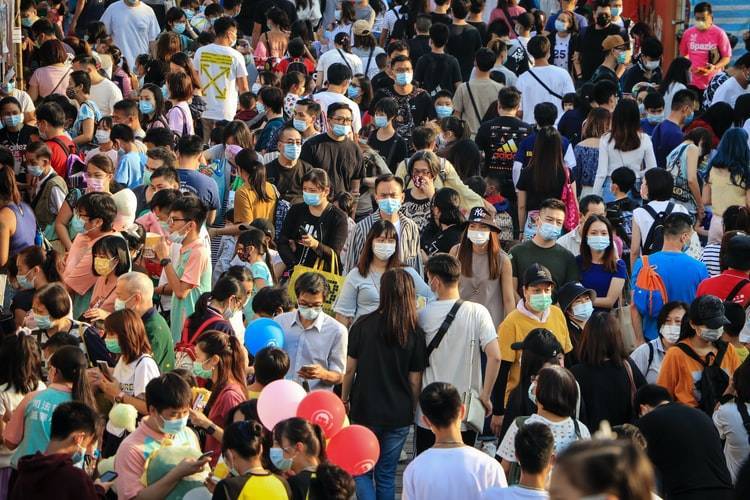Despite the fear and concern felt by millions around the world regarding the variant of the coronavirus that emerged months ago in India, the UK Health Ministry announced that there is no evidence that the Indian variant causes more severe symptoms or resists the vaccine. Vaccination Minister Nadhim Zahawi stated in a television interview today, Friday, that "there were concerns about the presence of the Indian variant in some areas in England," but added that there is no scientific evidence so far that the B.1.617.2 variant has a more severe impact on people or is capable of evading the vaccines. He also clarified that "the roadmap set for implementation starting Monday is still in effect, as vaccination efforts continue to keep people away from hospitals and protect them from the virus."
Johnson Concerned About the Variant
These statements came after British Prime Minister Boris Johnson confirmed yesterday that his government is concerned about the transmission of the Indian variant while scientific advisors held a meeting to discuss its spread. He said, "It is a concerning variant," adding, "We want to make sure we are taking all the prudent and cautious steps we can take now." He also stated that his government "does not rule out" any options for preventing the spread of the new virus variant. However, despite his warnings, the Prime Minister confirmed that he does not believe the government needs to change its plans regarding the partial lifting of COVID containment measures on May 17 and the full easing of restrictions on June 21. It is worth noting that the World Health Organization announced on Wednesday that the COVID-19 variant discovered in India has been detected in dozens of countries worldwide. The UN-affiliated organization stated that the variant known as "B.1.617," which was identified in October in India, has been reported in genomic sequencing data included in the "GISAID" database by "44 countries in total across the six WHO regions."




